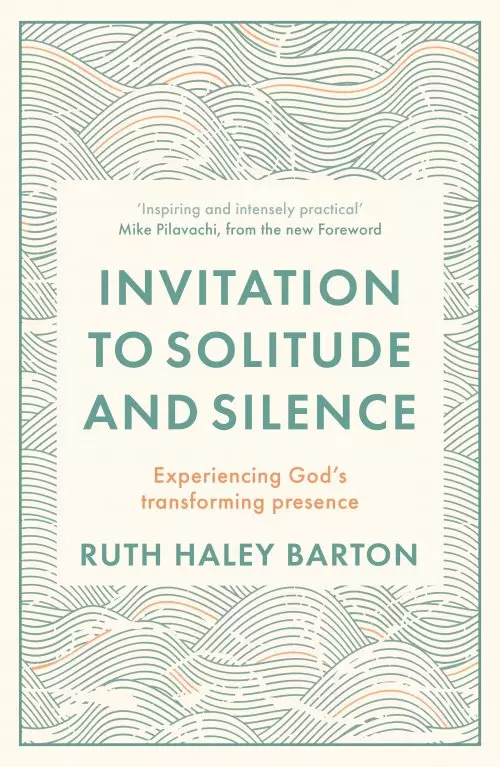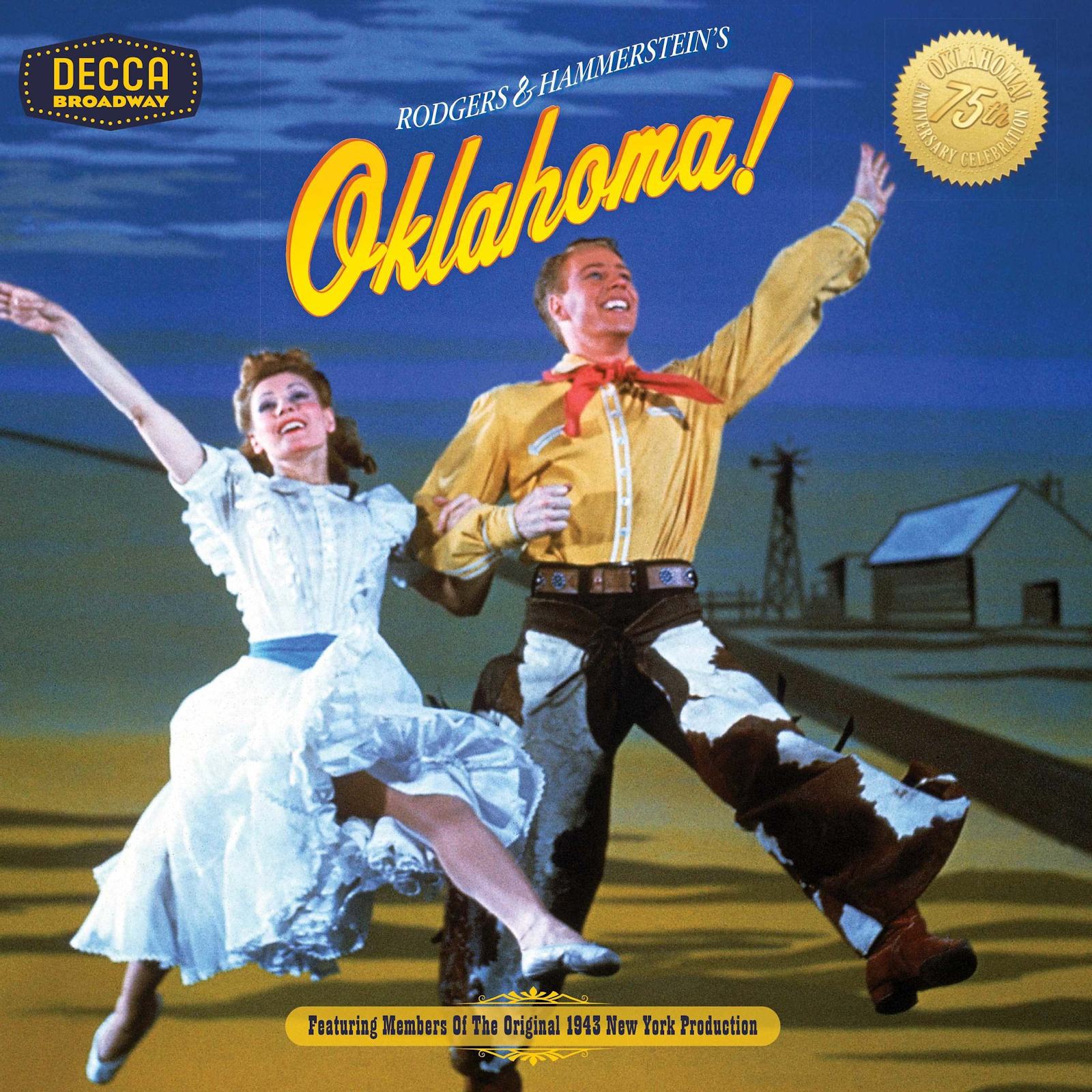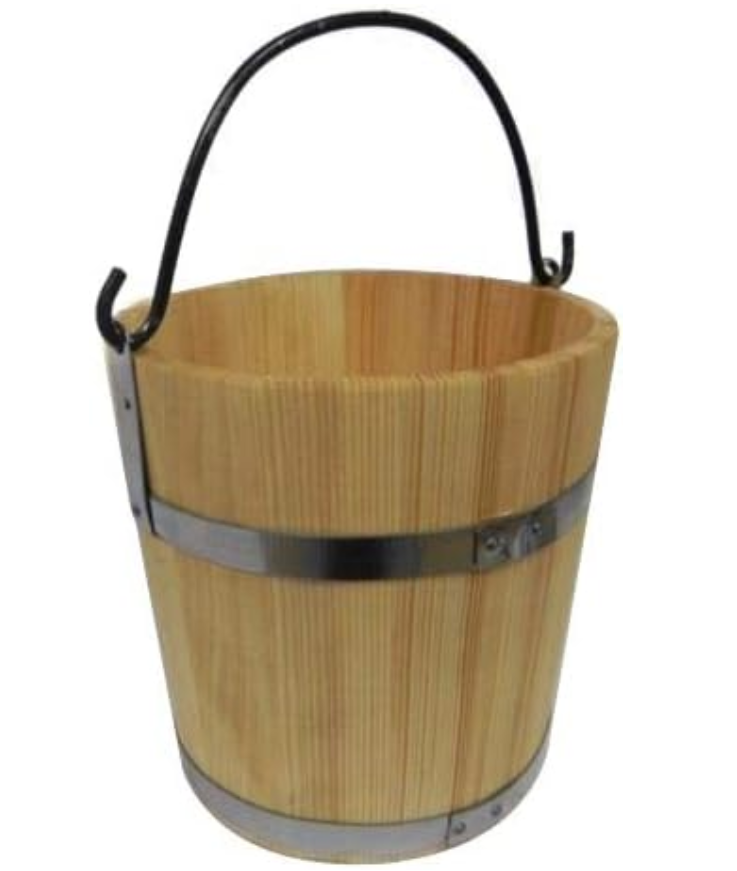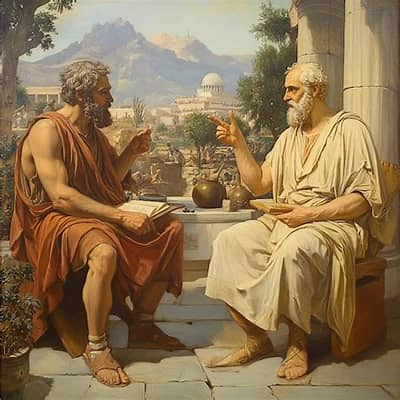When the music stops would you all please sit down. And a chair will be removed every time the music strikes up again. Let’s see who gets to sit in the remaining chair.
A game I am certain you have played at some time, Musical
Chairs.
It seems to me at the moment this is the sort of game we
are playing across the world. People moving around not just in their own
country but across the world.
Many have little choice because they are displaced internally
or externally most often by war and violence.
2024 saw a continuing rise in global displacement, with at
least 117.3 million people forced to flee their homes, including nearly 43.4
million refugees, around 40% of whom are under the age of 18. These vast
movements of peoples, and the associated costs and disruptions, can cause
significant problems in host countries.
And we have seen those ‘problems’ being manifested on the
streets of the UK this week with several ‘protests’ around the country. Sadly,
these play directly into the hands of right wing popularist, like Reform UK.
In the justice system new laws and revision of existing laws
are being put into place that will increase the number of foreign nationals
being deported.
Foreign criminals will be deported immediately when they
receive a custodial sentence, the Justice Secretary Shabana Mahmood has pledged.
The changes would apply to prisoners serving fixed term
“determinate” sentences, and authorities would retain their power not to deport
a criminal but instead keep them in custody, for example, if the offender was
planning further crimes against the UK’s interests or national security.
“Our message is clear,” Ms Mahmood said. “If you abuse our hospitality and break our laws, we will send you packing.”
This all appears to be a good way forward as in the ordinary
course foreign nationals are deported when they have served 50% of their sentence,
the new law will just bring that forward.
However, some of the rhetoric from the Conservative shadow
justice secretary Robert Jenrick feeds into the narrative of some of those ‘protesting.’
Jenrick said: “In Starmer’s topsy turvy world investors are fleeing the
country in their droves while record numbers of violent and sexual offenders
from abroad are put up in our prisons. It’s a farce. “The safety of the British
public is infinitely more important than the ‘rights’ of sick foreign
criminals.
That’s what I heard several ‘protesters’ saying when they were interviewed. That they don’t feel safe largely because of the increase in migrants whom they deem to be responsible for an increase in the level of crime.
That sought of language ought to be a cause for concern.
Now I am not naïve about the huge problems faced both in the UK and across the
world as people play this international game of musical chairs.
However, scapegoating and finding an ‘common enemy’ on
which to put all our ills and troubles is very dangerous. We only need to have
a cursory glance at history to show how toxic this can quickly become.
As Christians I think we need to sit deeply into our
Scripture in two particular ways.
It is not that difficult to see that the heart of God is
to draw all people to Himself creating a universal family. On Tuesday next I am
taking a Service at Knox Court and will be exploring Mathew 15.21-28, the story
of the Syrophoenician woman, the one that Jesus referenced as a ‘dog.’ Taken
out of context this is not a good story. However, put within its context,
literally where Matthew has placed this incident and what happens following
this story, it is very obviously a story of the journey to the all-embracing
and universal nature of God calling a peculiar people outside of ethnic Israel.
Note who was part of the ‘great crowd’ that gathered around and note the feeding
of the four thousand that nearly all commentators agree was made up of largely Gentiles,
unlike the feeding of the five thousand being ethnic Israelites.
Our identity in Christ takes precedence over our ethnic
identity.
There is neither Jew nor Gentile, neither
slave nor free, nor is there male and female, for you are all one in
Christ Jesus. Galatians 3.28. (See also Isaiah 56.1-8)
And this from Paul who as ‘Saul’ sought to eradicate
followers of ‘The Way’ whom he saw as apostates to the Jewish faith, and Jewish
identity.
The other major theme throughout Scripture also leans into the feeding of both the five thousand and the feeding of the four thousand. That of scarcity or abundance.
Out of which do we operate? Do we really trust that God can and will
provide for all our needs. Or are we scared that there will not be enough for
everyone.
These are not easy times to live through, and we need to
be cautious and careful in our conversations and not to jump too quickly to the
‘blame game.’ We ought to prayerful and careful about how we study the
Scriptures, guided by the Holy Sprit seeking to discern the will and way of God
in this our generation.
And here is a final thought from Edwin Markham and his
poem Outwitted.
He drew a circle that shut me out—
Heretic, rebel, a thing to flout.
But Love and I had the wit to win:
We drew a circle that took him in!
“Whoever claims to love God yet hates a
brother or sister is a liar. For whoever does not love their brother and
sister, whom they have seen, cannot love God, whom they have not seen.” 1
John 4.20












.jpg%20soft.jpg)


















